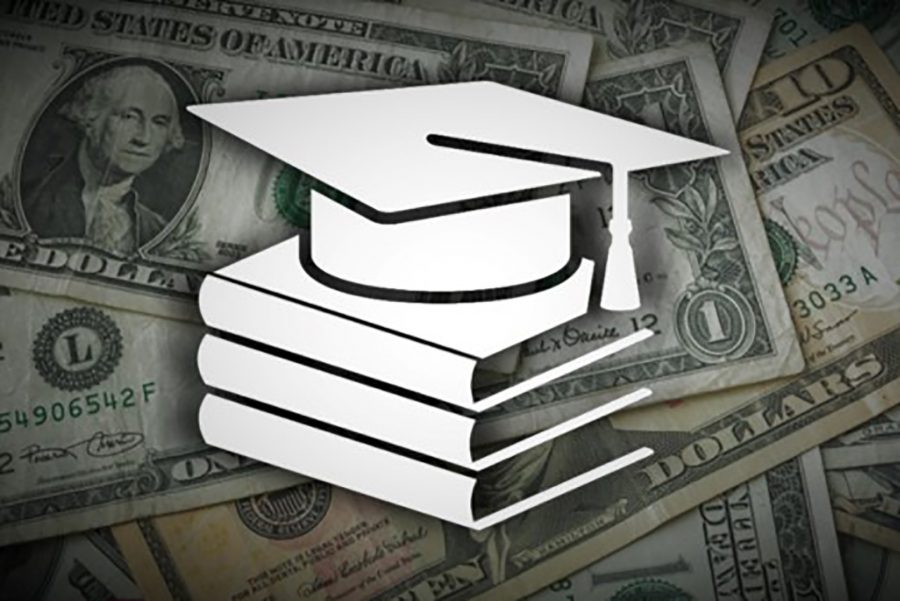With the financial implications of the coronavirus, known formally as COVID-19, resulting in mass lay-offs, business closures and market shutdowns, millions of Americans are now filing for unemployment. Unemployment is predicted to rise to roughly 32%, according to the Federal Reserve, topping the Great Depression’s highest rate of unemployment at 24.9%.
Former Mt. SAC Radio and TV student Kevin Garcia said that he feels lawmakers and legislative drafters should take into consideration that so many of the essential workers and people entering the workforce fall within the ages of 18 to 24. Garcia, who is currently a graduating senior at Cal State Fullerton, wants to see lawmakers include additional provisions and benefits for students and individuals in that age group.
Currently, the $2 trillion federal stimulus package provides a check for $1,200 for individuals who earn up to $75,000. The bill requires that a tax return be filed, which creates a challenge for many low-income Americans who do not file taxes. Despite the majority of college students making far less than that, most will see none of the $1,200. This is because the stimulus package stipulates that those eligible to be claimed as a dependent, regardless of whether or not they actually are a dependent, are ineligible to receive the check. Undocumented people are ineligible to receive any benefits as well.
First-year business student Abdullah Ali was going to start working for firm Beckman Coulter via an internship, but was told he’d start after the coronavirus epidemic.
“I could really use the $1,200 towards school, but I’m a dependent so I can’t claim any of it.” Despite needing the income for school, his start has been delayed, and he, like millions of other American college students, are ineligible for the stipend.
“It’s scary because we don’t know when it’ll end, so it gives me anxiety as I don’t know when I can start working again.” He was planning on using his income to pay for classes after his transfer, but now does not know when that will happen.
Many college students already support themselves, making it a challenge for those who are more vulnerable to continue making ends meet. According to Mt. SAC’s reported demographics, 75% of students receive financial aid, so the coronavirus stopping income can prove to be especially damaging. Bills, rent (despite other states issuing moratoriums on collecting mortgage payments) and other finances continue to pile up, despite the inability for many students to currently work.
According to the Pew Research Center, Americans aged 16-24 constitute over 50% of service-sector jobs, making them more likely to be disproportionately affected by coronavirus-related lay-offs then their older counterparts. As a result, the coronavirus could have large impacts on the financial futures of millions of Americans.
Evidenced by the 2008 recession, students who graduate in a recession year make roughly 10% less than they would with no recession. Research in Canada suggests that these can be long-lasting impacts, with the gap taking 10 years to close. Overall, COVID-19 shutting down much of the American economy is going to have impacts that are felt for decades, and the bulk of which will be falling upon the graduating class and those entering the job market.


